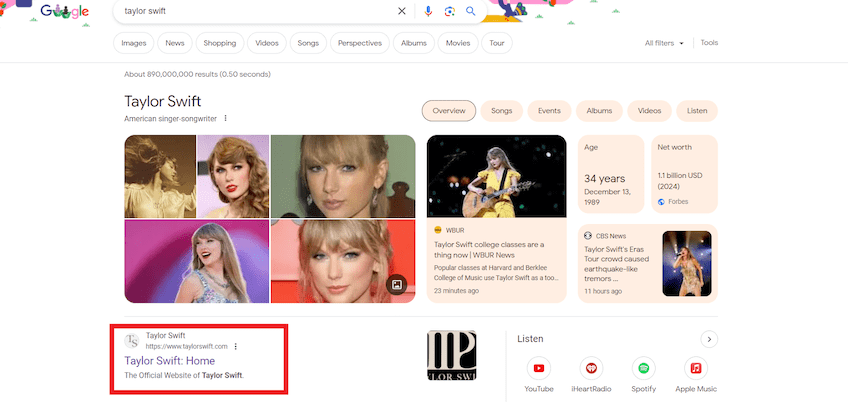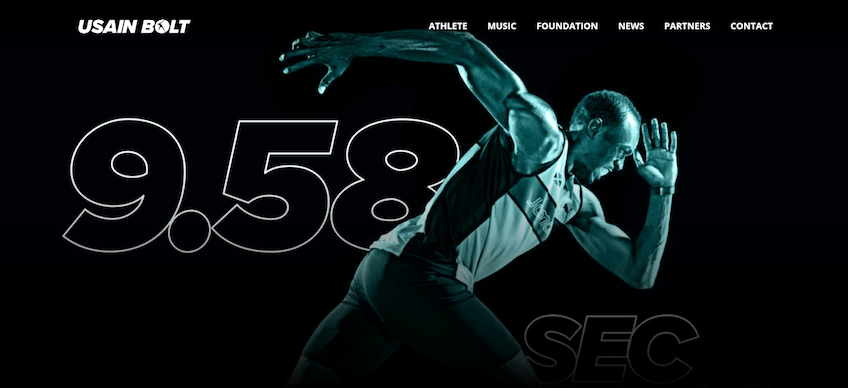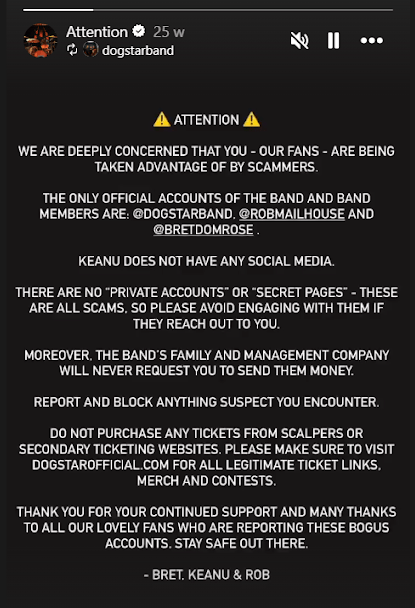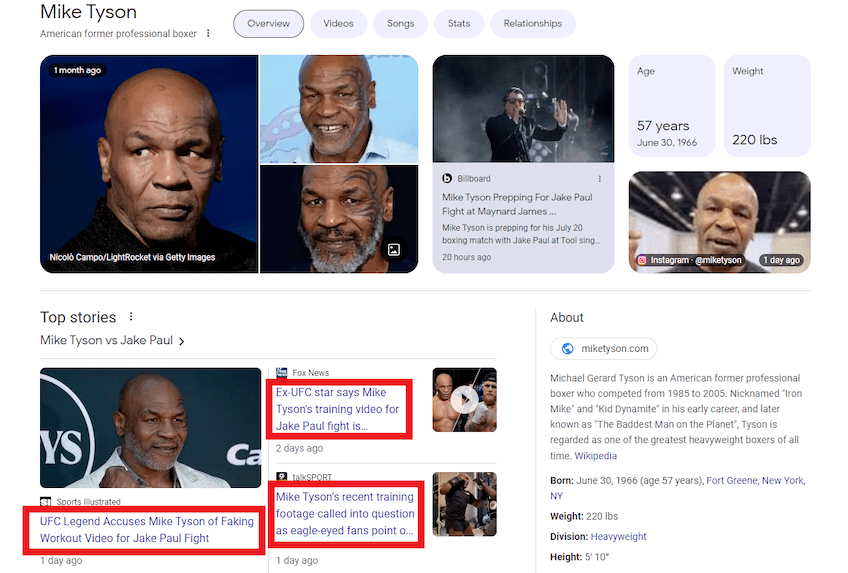As a celebrity or public figure, every word, photo, and interaction lives under a magnifying glass. The spotlight never turns off, and small moments can snowball into viral narratives in minutes.
Because audiences interpret events through their own worldviews, quotes can be lifted out of context and minor missteps can be framed as headline-worthy drama. That’s why you can’t rely on “setting the record straight” after the fact—you need systems that consistently shape the story before others do.
The best defense is a proactive offense: build a durable reputation that’s hard—if not impossible—to fracture. Whether you want to run point yourself, empower an in-house team, or delegate to specialists who do this every day, the playbook below shows what to prioritize and how to execute without burning out.
1. Hiring a Reputation Management Firm Is the Easiest
Celebrity reputation management is a 24/7 operation: social listening across platforms, regular publishing on owned channels, message discipline in interviews, narrative development, a crisis response plan with clear approval paths, and ongoing SEO to keep authoritative content visible.
In other words, it’s more grind than most people expect—and consistency matters more than hot fixes. A single announcement helps for a day; a well-run program protects you year-round.
Whether you have a team or not, partnering with a reputation management company is the simplest way to cover every base. Good firms offer removals and suppression for doxxing and outdated articles, social media management, SEO content calendars, and crisis simulations. They can operate as your full external team or embed alongside your staff with shared workflows and weekly reporting.
From building and optimizing your website to tightening your brand voice, moderating social channels, coordinating legitimate takedown requests, and securing more positive coverage, a proven partner gives you speed, scale, and process you’d otherwise spend months building.
2. Buy the Domain for Your Name
Despite all the alternatives, getting a .com domain is still the gold standard. It can be pricey, but it gives you direct control over your primary online identity and becomes the canonical destination press and fans can cite.
The .com extension is universally recognized and boosts perceived authority. A clean, memorable address with your name also improves the odds that your official site ranks for name searches, reducing the chances that controversy-bait or impostors grab the top spots.

Taylor Swift’s official site typically appears at the top of organic results above Top Stories, funneling fans to a property she fully controls rather than to random aggregators. That control is priceless in fast-moving news cycles.
If the exact .com isn’t available or is cost-prohibitive, consider negotiating through reputable domain brokers—and secure close variants and common misspellings. Set registrar lock and privacy protection, keep your registrant contact details current, and renew for multiple years so you never lose it.
Buy defensively, too: grab obvious variations and social-handle–matching domains so bad actors can’t spoof you or launch look-alike scams.
3. Leverage Your Website
Beyond merch, your website is the single strongest asset for shaping your public narrative. It’s the place to centralize facts, tell your story your way, and give media a source they can quote without guesswork.
Because you control the design and structure, you can emphasize what matters: a concise bio, professional press photos, a one-sheet media kit, a contact route for bookings, and clear policies for statements and appearances. That clarity guides how people talk about you.

Usain Bolt’s homepage is clean and focused, putting his world record above the digital fold and pulling in fresh Instagram posts to grow social reach. The layout reinforces who he is in seconds.
For image building, links to philanthropic work and credible press coverage do heavy lifting. A dedicated “Newsroom” page that curates verified stories, official statements, and event recaps helps set the record straight and keeps journalists on message.
When rumors pop up, publish time-stamped statements on your site and link to them from social posts. Long-form clarifications live better on a website than in a screenshot of a Notes app—and they’re easier for reporters and fans to share accurately.
4. Expand Your Social Media Presence
Your first line of communication with fans should be official social channels. Press releases still matter, but they’re slower—social lets you address questions and misinformation in real time.
In any PR flare-up, speed and tone are everything. Social platforms give you a place to acknowledge, clarify, and redirect people to your full statement before speculation hardens into “truth.”
Verified accounts also help curb impersonation. Today’s verification landscape varies by platform: some still offer application-based verification for notable figures, while others rely on paid subscription models; either way, completing the available verification process and linking back to your website helps fans confirm authenticity.
Keanu Reeves, for example, has historically avoided personal social accounts—so scammers often fill the void. Without official profiles to point to, fans are easier to mislead.

Set up official profiles and secure the handles that match your name—even if you don’t plan to post daily. Complete whatever verification options each platform offers and link every profile back to your website so fans can confirm it’s you.
During setup, enable two-factor authentication or passkeys, restrict third-party app access you don’t need, and document who has posting permissions. When you do need to speak, audiences will know it’s you.
How many accounts should you run yourself? Between personal, brand, tour, and project pages, many public figures juggle a dozen profiles or more—too many for one person without sacrificing quality and safety.
Managing that footprint is a full-time job. Many U.S. social media managers earn roughly $60k–$90k per year depending on experience and scope, and contractors or agencies can be cost-effective if you prefer flexible support with defined deliverables and coverage hours.
5. Fill Search Results with Positive Stories
Your personal domain helps, but it’s only one result. When the news cycle is hot, your official links can get pushed down by sensational coverage if you’re not publishing consistently.
Typing your name into Google doesn’t guarantee positive results or the full context. Algorithms surface what’s recent, relevant, and widely linked—sometimes that’s gossip.

In Mike Tyson’s case, official properties appear below other content, leaving room for tabloids to frame the narrative. That’s common for public figures with long careers and lots of coverage.
Since drama spreads fastest, your best counter is steady, credible publishing: site updates, platform-native social content, interviews with reputable outlets, event recaps, charitable work, and behind-the-scenes pieces people actually want to share.
Keep everything interlinked. Point social posts to your site, link your profiles from your homepage, and keep bios consistent. Clear cross-links help search engines understand which accounts and pages are official—and help fans find the truth faster.
This is also where professionals earn their keep. Content strategy, on-page SEO, and outreach take time to design and execute. An experienced online reputation firm can deliver a calendar, publish at pace, and coordinate placements while you focus on your work.
6. Find Friendly Journalists
Relationships with reputable outlets and reporters pay long-term dividends. Identify journalists who cover your niche fairly, follow their work, and offer useful, on-record context—especially when stories aren’t about you. Being a reliable source builds goodwill before you ever need help.
If you’re emerging or mid-tier, start local. Community outlets are often eager for profiles and event coverage, and in-person meetings build trust quickly. Provide fact sheets, high-resolution photos, and clear quotes to minimize misinterpretation.
Be intentional with what you share. Stick to verifiable details that reflect well on you and are hard to twist. Reserve sensitive topics for controlled settings with agreed ground rules and a prepared message.
7. Leverage Reputation Monitoring Tools
While known for business use, reputation monitoring tools are invaluable for personal brands. They aggregate mentions across social networks, news, blogs, and forums so you can see what’s trending, where it started, and who’s amplifying it.
Use them to measure sentiment, catch negative narratives before they spread, and respond with accurate information from your official channels. Over time, the data also reveals what your audience values—informing content, partnerships, causes, and appearances that deepen genuine connection and make your positive story the easy one to tell.
The Celebrity Reputation Stack (Your Defensible Framework)
After working with public figures, pro athletes, touring entertainers, digital creators, and their internal teams, one pattern shows up everywhere: reputations don’t fail because of a single event—they fail because no one built a layered system to absorb pressure when the narrative heats up.
The Celebrity Reputation Stack is the model I use to show clients how their public identity is actually constructed. Most people focus on the top layer (press) and ignore the foundation (identity, ownership, and controlled distribution). When all seven layers are in place, reputation becomes harder to distort—because every new piece of content has context, credibility, and a home.
- Layer 1 — Identity Anchors. Your domain, your verified profiles, and your official photo set. These are the fixed points journalists, fans, and algorithms use to confirm who you are.
- Layer 2 — Narrative Control. Your website, bios, media kits, values, and long-form content that define your story instead of letting gossip sites invent one.
- Layer 3 — Frequency & Recency Signals. Consistent posts, site updates, statements, appearances, and press recaps. Freshness keeps authoritative properties at the top of search results.
- Layer 4 — Defensive Infrastructure. Monitoring tools, impersonation takedowns, copyright enforcement, and SEO suppression of inaccurate or outdated coverage.
- Layer 5 — Relationship Equity. Pre-built goodwill with journalists, PR teams, advisors, collaborators, and communities. These relationships shape how stories are told when stakes are high.
- Layer 6 — Crisis Containment. Pre-approved statements, escalation paths, legal review channels, and controlled distribution so the first message out is the right one.
- Layer 7 — Longevity Assets. Philanthropy, brand partnerships, legacy projects, earned media, and evergreen content that make you “bigger than the moment” when controversy hits.
Most public figures unintentionally build these layers backward—reacting in real time instead of building the scaffolding that makes reactions unnecessary. When the stack is built top-to-bottom, you stop playing defense and start owning the narrative before anyone else gets a chance to rewrite it.
Need professional help? Contact a reputation management company
